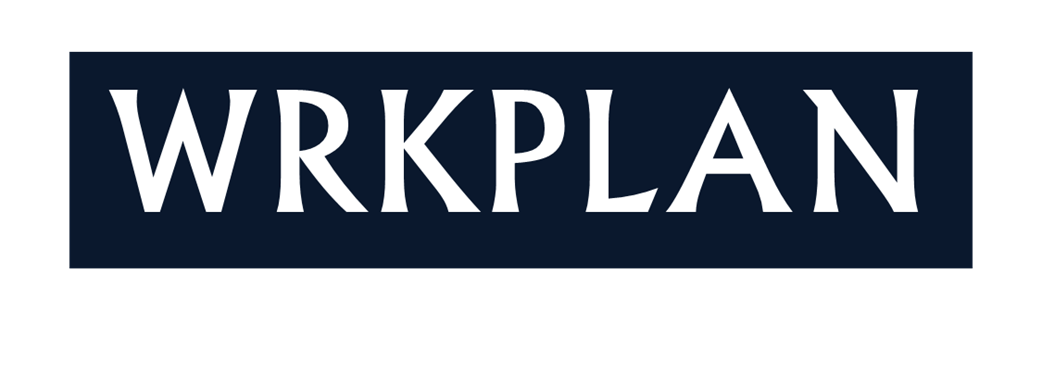
Contract Management and Project Accounting
For Project-Based Contractors
Government Commercial
The all-in-one platform for
contract management and project accounting
The all-in-one platform for contract management and project accounting
WrkPlan has everything you need to run your contract-based business. Manage your contracts, finances, and workforce in a single platform that's easy-to-use and delivers immediate value.
Contract Management
Gain full control and visibility of all your contracts with an easy-to-use, all-in-one solution
Features
Contract Management
Purchasing and Inventory
Opportunity Management
Learn More
Financial Management
Manage your transactions, costs, and revenue in one fully-integrated system
Features
Project Accounting
Indirect Rates
Incurred Cost Submission
Budgeting and Forecasting
Learn More
Workforce Management
Manage timesheets and expenses, as well as sub-contractors, in compliance with DCAA.
Features
Time and Expense
Payroll Integration
Employee Management
Sub-Contractor Management
Learn More

DCAA Compliance Simplified
Built for Federal contractors to ensure accuracy and airtight compliance.
Learn More
The biggest benefit of using WrkPlan for us has been its strong enforcement of compliance. The timekeeping system seamlessly integrates into the invoicing and AR processes, creating a smooth workflow where everything is accounted for properly.
President, Chief Financial Officer
SYSTOLIC, Inc.
SYSTOLIC, Inc.


Turn compliance into an asset with WrkPlan
Get In Touch







.svg)






